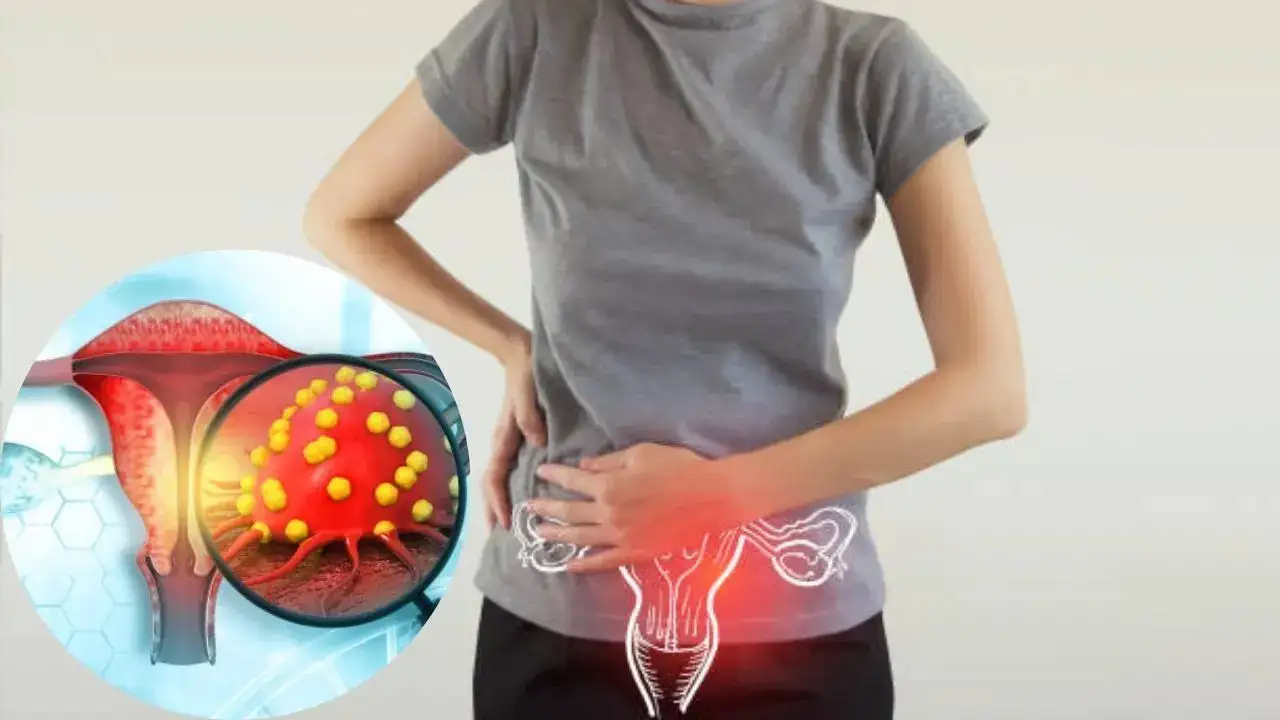
Dawn Willis, like many women, initially assumed her postmenopausal bleeding was a normal part of menopause
A 58-year-old British woman who mistook her symptoms of cancer to be menopause. According to the native of Canterbury, unusual bleeding at her age—normally referred to as signs of menopause - is the natural cessation of menstrual cycles, occurring when a woman stops ovulating and can no longer become pregnant.
Menopause, according to doctors, is typically a gradual transition, which often starts in the early 40s and reaches completion between the ages of 45 and 55. While abnormal bleeding is a potential symptom of uterine cancer as well, Dawn Willis, like many women, initially assumed her postmenopausal bleeding was a normal part of menopause. However, when thoroughly investigated, it turned out to be a serious condition.
For nearly a year, Dawn ignored her symptoms, believing they were linked to hormonal changes. “So much happens to your body during menopause that I thought the bleeding was normal,” she explained in an Instagram post. But as time went on, her belly started to swell, and her family urged her to seek medical help—something that ultimately saved her life.
After all the tests, Dawn was diagnosed with womb or endometrial cancer - one of the most common cancers that affect postmenopausal women. Doctors say if you leave it undiagnosed or untreated, it can spread to other organs and become life-threatening. “I’m so angry with myself for ignoring it,” Dawn admitted. “If I had waited even a few more months, I don’t think I’d be here today.”
Differences between symptoms of menopause and uterine cancer
According to doctors, many times the symptoms of menopause and uterine cancer overlap, making it difficult to make the distinction between the two. While hot flashes, vaginal dryness, and mood swings are always there in menopause, cancer symptoms—which are also the same—keep worsening over time.
A few common signs of uterine cancer in menopausal women are:
- Vaginal bleeding between periods before menopause
- Vaginal bleeding or spotting after menopause, even a slight amount
- Pain in the lower abdomen or severe cramps in your pelvis, just below the belly
-
Thin white or clear vaginal discharge if you are postmenopausal
- Extremely prolonged, heavy, or frequent vaginal bleeding if you are older than 40 years of age
- Frequent urination or difficulty urinating
- Unexplained weight loss, fatigue, or loss of appetite
What causes uterine cancer?
While doctors say they are not sure what causes uterine cancer, something happens to create changes in cells in your uterus. The mutated cells grow and multiply out of control, which can form a tumour.
Also, there are many risk factors that increase the chances that you may develop uterine cancer. If you are at high risk, talk to your doctor about steps you can take to protect your health. A few of these risk factors include:
Age
As you get older, your likelihood of developing uterine cancer increases. Most uterine cancers occur after age 50.
A diet high in non-vegetarian food
A high-fat diet can increase your risk of several cancers, including uterine cancer. Fatty foods are also high in calories.
Family history
For many women, genetic disorders that they inherit can increase cancer risk.
Diabetes
Diabetes is often related to obesity, a risk factor for cancer. However, some studies suggest a more direct tie between diabetes and uterine cancer as well.
Obesity
A few hormones get changed to estrogen by fat tissue, raising uterine cancer risk. The higher the amount of fat tissue, the greater the effect on estrogen levels.
